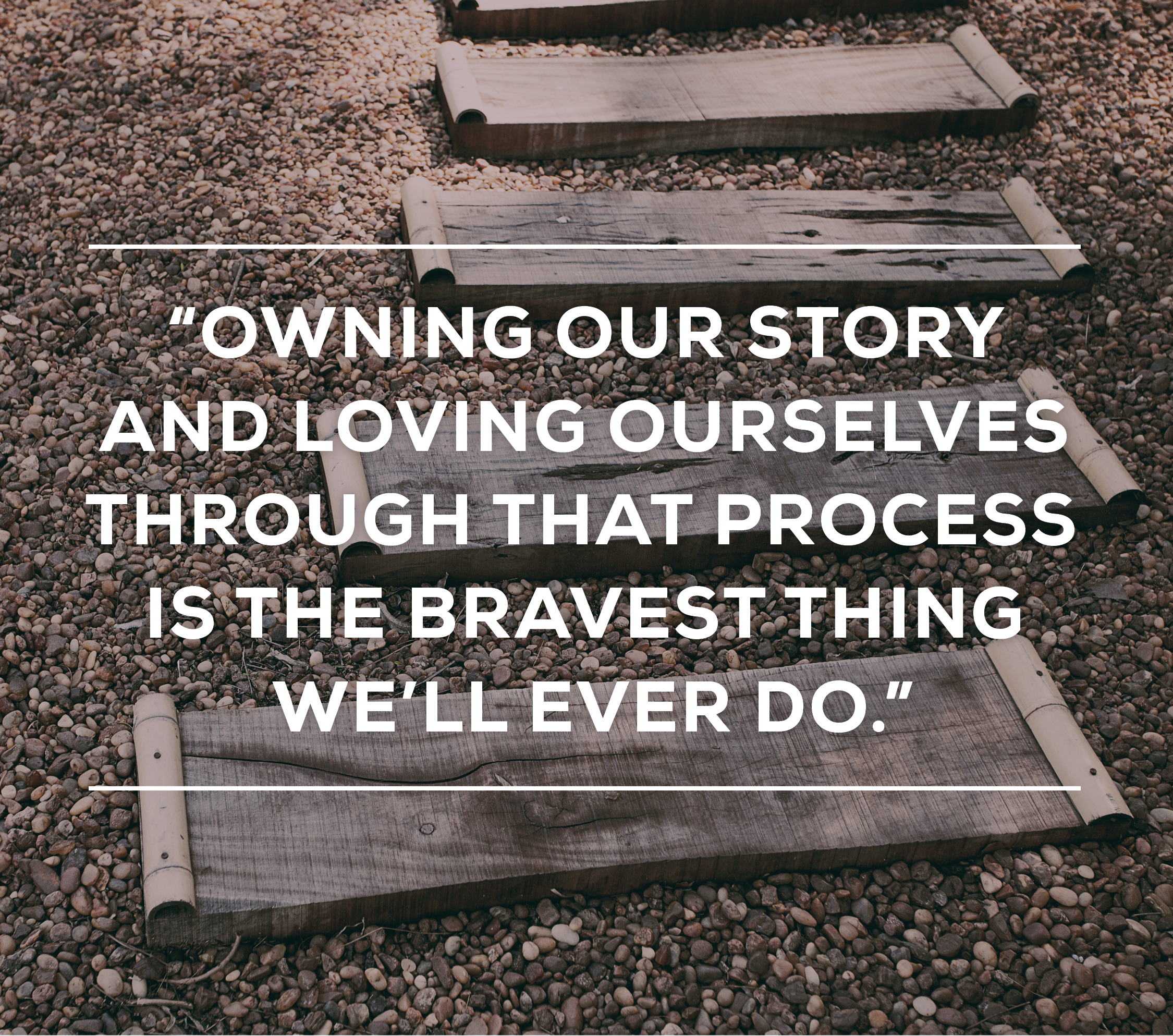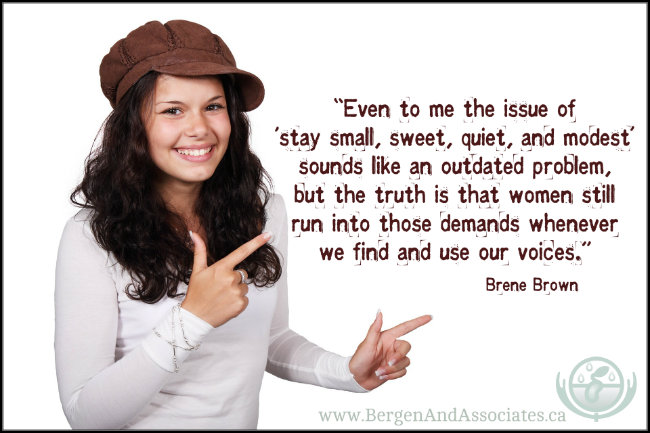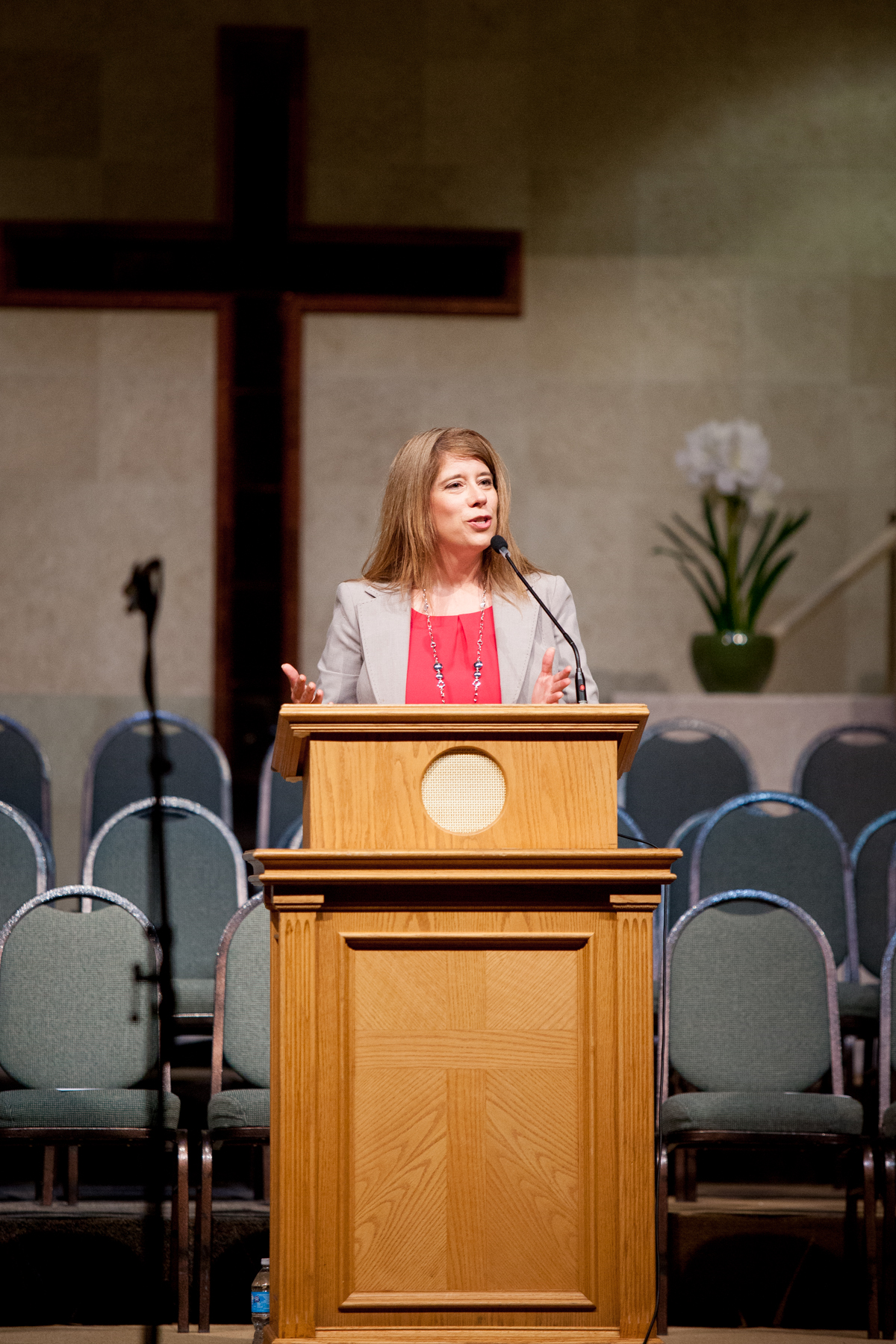Last week I was the speaker at my Junior Tribe Member’s high school graduation ceremony. It is tradition to ask a parent to speak at the school’s grad ceremony and I was tickled, thrilled and honoured to be asked. Many of the other accomplished, competent parents could have been asked…and they phoned me.
I wanted to do right by my JTM, and so this speech took a little extra “putting together” time. A friend, M, mentioned her daughter had spent some time practicing her speech, given at a University of Manitoba convocation with T, M’s daughter-in-law, and H’s sister in law (you with me, on this family thing?). T is an actor and has taken classes on this stuff…and she’s a natural teacher. T offered to review my presentation with me. Would I like to spend some time with her?
Heck, yeah!
I do a fair bit of public speaking and have never reviewed my style with a pro. Why wouldn’t I want to learn something from her–that would likely benefit me far beyond the grad speech. There are two kinds of public speaking I do–
- workshops/classes/seminars where I have a general idea what I will say and I speak very conversationally off the top of my head–and
- formal–scripted–in front of large audiences with a specified time limit.
The latter is something I’m still working on…and T was gonna help me. The former I can do…it’s often with students (generally younger than myself), or with women’s groups, or smaller audiences where I can engage very personally. The formal stuff…with a broad range of listeners (which I would assume would include very intelligent and accomplished folk)–still intimidates me.
I presented my speech to T as I would that night. I spoke clearly and slowly, engaging in eye contact, and using my hands in a way I thought made sense to gesture appropriately. I thought I had done fairly well.
Then I sat down for feedback, and she asked me a question that has rung in my head regularly since:
Why does your voice drop off in volume and pitch at the end of most paragraphs?
I had no idea what she was talking about.
She had me start my speech again, and stopped me when I did it: “See there. Right there. You said, ‘Connection is why we’re here'” and she imitated me.
She was right, I could hear that is how I said it. Her hand showed a downward arc as she said it.
Then she invited me: “How about pushing the sentence through, right to the end, with energy?” And she said, “Connection is why we’re here.” with an even tone, and her hand moved straight out from her body, parallel to the floor the whole time…indicating a straightforward connection.
So…I tried it. I imitated her: “Connection is why we’re here.”
I could feel it. I could feel what happened in my body when my voice stayed steady and confident and bold until the end. And I didn’t like it.
I told her what I was feeling, in my gut: “I can’t keep my voice steady until the end of the line. If I do, then I will sound over confident–cocky. I will be pushy…and that last thing I want to be seen is, is as ‘bossy’. I don’t want others to think I’m bossy.”
And T says to me, “Carolyn, you have good material. And you are passionate about it…I mean, why would you choose to say this, if you weren’t passionate about it and believed in your content? So…own it, make me believe that you believe in it. Stay confident and passionate about your material.”
And I says to her, “T, you don’t get it. I don’t want to be pushy. I don’t want to make people think like I do. I don’t want to ram it down their throats. I don’t want to be seen as arrogant…and if I stay confident, won’t they think I’m arrogant or pretentious or full of myself?”
And T says to me, “No, Carolyn, if you confidently present your content, then people will know you believe in your content. That’s all.“
And it was then I realized I was listening to those inner voices that women have, the ones that tell us to be gentle, and nice (don’t we just hate that word–nice–and yet spend our lives shooting for it anyway?).
We remember that boys can be confident, but when the same thing is seen in girls, it isn’t seen as “confident”, but rather, “bossy”…and no one wants to be bossy. (The campaign “ban bossy” has been roundly criticized, but I get Sheryl Sandberg’s campaign. Deep in my bones–I. Get. It.)
A flood of memories gushed in…memories that are inconvenient, that I’d rather were irrelevant at this point in my life. Times when assertiveness was criticized and I was encouraged to dial it down; noticing that it was more often than not, the boys who got chosen to speak; noticing that my ideas were barely acknowledged at committee meetings…unless I strategically gave them to a guy beforehand. If I decided that my idea was important in itself, and who got the credit was secondary–and he presented it, then it was received with much more weight and significance.
Then I remembered this video:
T. reminded me that when they asked me to speak, it was because they wanted the audience to hear what I have to say,
They wanted to hear what I had to say…DUH!
I wrote my speech. I believed in its content. It was about authenticity, living bravely according to one’s values, living without regret, vulnerability…it was about courage. If I was going to own what I wrote…I needed to own all of it..and let people know I believed in it. I didn’t need to non-verbally apologize. I didn’t need to back off, and speak tentatively or hesitantly in order to be well received.
I realized that what I was struggling with was owning it. I needed to own my story…not to hint at it, invite others to consider it, suggest that I might dare to have one…but OWN MY STORY.

Now guys…you may not get this, but there’s this double standard we women live with. Emotionally mature people are confident, assertive, and capable. But emotionally mature women are seen as soft, gentle, and able to lean on others. Do you get it? To be an mature person and a mature women is contradictory…and my speech delivery was getting unconsciously squished between being a person and a woman.
And I recognized it as a shame issue…unconsciously, my voice was making me into who I thought I needed to be to be accepted by the community–the teachers/parents/family of the school. I wanted to be seen as someone worthy of love and belonging…and I had a fear I wasn’t even aware of that if I owned my story, I would be judged.

So…I practiced “staying strong” until the end of each sentence, until I finished each thought. I practiced “owning” what I was saying, and not softening my message to be more acceptable. I practiced drawing on courage, trusting what I believed in, and staying vulnerable.
It’s ironic when a woman is more vulnerable by working to stay confident, isn’t it?
It felt safer, less vulnerable, when soft and slightly tentative.
As always, courage is best drawn on in community, and T provided community for me that day. She and I practiced for another, using the hand gesture–about staying strong and loyal to the material… rather than distancing myself from it subtly in tone.
I didn’t deliver my speech perfectly on graduation night…but then I’ve worked on being less of a perfectionist lately. But more often than not, I could hear myself take the risk at the end of each thought, trusting myself to speak out without a non-verbal apology. It was a little uncomfortable…change always is, isn’t it? But then, so is vulnerability, and T had given me the space to explore it and lean into that discomfort.

(Photo courtesy of Ebonie Klassen Photography)
And it worked. What I said was well received. Folks were kind and gave me such positive feedback…even some grads approached me and told me they liked what I had to say…
…and who really expects the grads to hear a word anybody says before they get their diploma?
For a window into what I said, check the “5 opportunity” series…Opportunity #1: To be Authentic, Opportunity #2: To work well, Opportunity #3: To express your feelings, Opportunity #4 and 5 coming soon…






Write a Comment